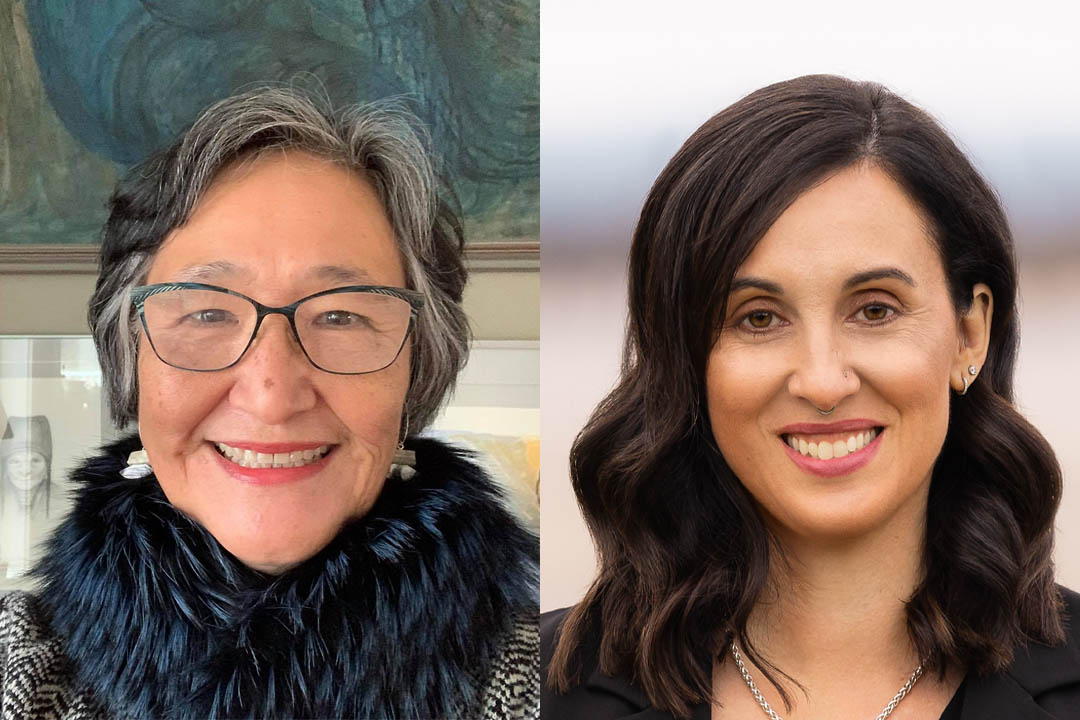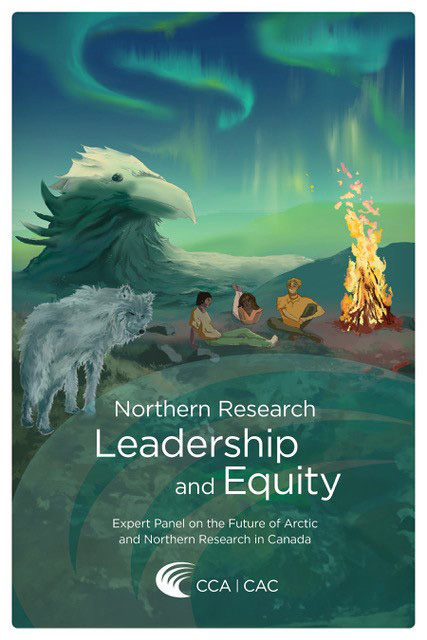
USask professor co-chairs panel on the future of Arctic and Northern research
The future of Arctic and Northern research in Canada depends on a transformational shift that prioritizes Indigenous leadership, voices, and engagement, according to a new expert panel report from the Canadian Council of the Academies (CCA).
By University CommunicationsDr. Karla Jessen Williamson (PhD), associate professor in USask’s College of Education, co-chaired the panel which found that despite persistent structural and systemic barriers, a more equitable and effective research system is possible with commitment from the research community—from individuals to institutions—to engage ethically, respectfully, and with a sense of reciprocity, at all stages of the research process.
“Arctic and Northern research in Canada has long been dominated by Southern researchers and institutions as well as Southern interests, needs, priorities, and perspectives,” stated Williamson and co-chair Dr. Ashlee Cunsolo (PhD) of Memorial University. “This has been reflected in approaches to research that ignore Indigenous Peoples and their rights, cultures, and knowledges, all of which are vital to understanding Arctic and Northern environments and societies.”
Building a collaborative and inclusive Northern research system is an essential part of Canada’s work to realize the rights affirmed in the United Nations Declaration on the Rights of Indigenous Peoples and the Calls to Action by the Truth and Reconciliation Commission of Canada.

Further, the report found that it’s critical that those working in all parts of the research system address the needs and priorities identified by Indigenous communities and non-Indigenous people in the North, recognize and respect Indigenous rights and self-determination, and ethically engage with and learn from Indigenous knowledge systems. Centring Indigenous leadership, engagement, and knowledge systems will ultimately lead to more relevant and informed research that benefits all Canadians.
The panel determined that an inclusive, collaborative, and effective Northern research system must be accessible and accountable to Northern and Indigenous communities while also safeguarding Indigenous knowledge systems and data.
“This report addresses many of the structural and systemic barriers that have inhibited research in the Northern regions of Canada,” said Dr. Eric M. Meslin (PhD), president and chief executive officer of the CCA. “In describing a path that elevates Indigenous leadership and knowledges, it can help transform research there, and elsewhere in Canada.”
A consortium of Arctic and Northern research and science organizations from across Canada, led by ArcticNet, asked the CCA to identify the key foundational elements to create an inclusive, collaborative, effective, and world-class Arctic and northern science system in Canada. The report by the Expert Panel on the Future of Arctic and Northern Research in Canada sets out these elements, as well the avenues through which these elements can be implemented.
The full report is available here.
Article re-posted on .
View original article.
Together, we will undertake the research the world needs. We invite you to join by supporting critical research at USask.

